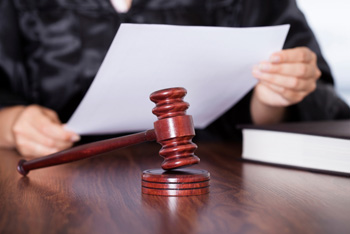 Nov. 25, 2014 – Blaire Frett received an underage drinking ticket in 2012 but pled to an amended charge of littering. She paid the fine and later moved the circuit court to expunge her record. Recently, an appeals court said the record could not be expunged.
Nov. 25, 2014 – Blaire Frett received an underage drinking ticket in 2012 but pled to an amended charge of littering. She paid the fine and later moved the circuit court to expunge her record. Recently, an appeals court said the record could not be expunged.
Under Wis. Stat. section 973.015, expunction is available to persons who violate laws when they are under the age of 25, but only for laws that carry a maximum of six years imprisonment or less and only upon successful completion of the sentence.
Frett argued that her record should be expunged because she was under 25 when she violated the law and completed her sentence by paying the fine. But in Kenosha County v. Frett, 2014AP6 (Nov. 19, 2014), a three-judge panel for the District II Court of Appeals declined, concluding that expunction is not available for civil forfeitures.
Expunctions under section 973.015, the panel explained, is limited to criminal cases in which a person under age 25 commits a crime that carries a period of imprisonment.
“Thus, where there is no ‘period of imprisonment’ associated with a law, that law is not one to which Wis. Stat. § 973.015 applies,” wrote Judge Mark Gundrum, noting that imprisonment was not a penalty for littering under Kenosha County ordinance.
The panel pointed out that “[t]he legislature simply provided no mechanism for expunction of a record following payment of a civil forfeiture.”
The panel also rejected Frett’s claim that section 973.015 was revised in 2009, abrogating a pre-2009 holding that the statute does not apply to civil forfeitures.
“We agree the 2009 statutory revision expanded application of § 973.015 beyond just misdemeanors; however, we conclude that the expansion did not include forfeitures,” wrote Gundrum, noting that the revision expanded expunction to some felonies.
The legislature is presumed to know the case law when revising statutes, the panel explained. If it intended to include civil forfeitures as violations that could be expunged, it would have done so through clear language in the statute, Gundrum noted.
Related Articles
Onus on Defendant to Timely File Ordered Expungement, Appeals Court Clarifies – WisBar News (Feb. 4, 2014)
